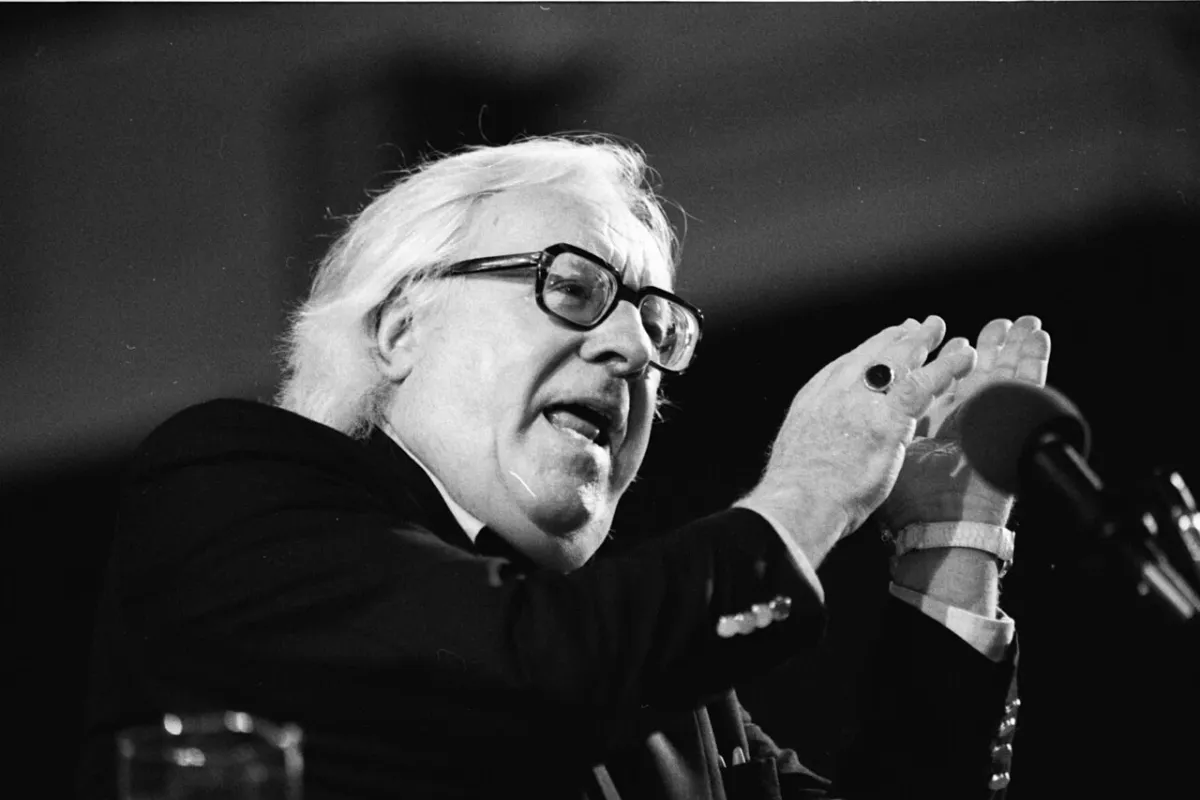A Bit on Bradbury
“You don’t have to burn books to destroy a culture. Just get people to stop reading them.”

Bradbury got it right: not everyone “has a novel in them.”
Even he did not, at first.
The Martian Chronicles is composed of short stories, loosely stitched into a “novel” at the urging of Bradbury’s publisher, because—so the thinking went—who wants to read short stories? The Illustrated Man is almost, but not quite, another attempt at the same thing, although it differs in how the stories are tied together.
Winesburg, Ohio, by Sherwood Anderson, and Spoon River Anthology, by Edgar Lee Masters, are written in much the same spirit as Chronicles and Illustrated. The main difference—other than that Spoon River is written in free verse—is that each of the component parts of the latter two works is centred around the life story of a specific character, rather than around a narrative.
All four works strike me as fundamentally Midwestern in sensibility and tone—if not always in subject matter—with Winesburg being the most, followed by Spoon River and then Chronicles. While Illustrated seems marginally less so, it comes through in the earnest and sometimes wistful lyricism for which Bradbury ought to be far better known than he is. (If you require evidence of my claim, you need look no further than “The Rocket Man.”)
I find myself influenced by Bradbury’s approach to “writing hygiene” and by elements of his style. I often begin a story or essay by writing the title; I also have working titles for collections of stories, poems, and essays which have not yet been written. Sometimes, a single phrase sets the writing process in motion. These phrases come to me as if from nowhere, and they must be written down at once before they are lost.
Thinking about Bradbury reminds me of another tale. Some twenty years ago, one of my users at work complained to me about a decision made by an out-of-touch executive. The sky was falling, according to him.
I told him about Fahrenheit 451, a novel in which books are outlawed and burned. It is eventually revealed that a small group of people have figured out a way to preserve the contents of destroyed books. It is further explained that there has always been—and will always be—a small group of people dedicated to preserving the time-honoured ways of knowing and doing.
So it was, I said, with whatever bad decision had been made at work: the business of the company, and life overall, would go on—thanks to small bands of competent people—notwithstanding the bumps along the way.
A few years later, I was complaining about a similar matter. The user to whom I had explained Fahrenheit 451 took the opportunity to remind me of our earlier conversation.
I often think about this as I observe the various errant ideologies—and ideologues—of our “interesting” times.
Related Reading and Viewing
- Anderson, Sherwood. Winesburg, Ohio.
- Bradbury, Ray. The Martian Chronicles.
- Bradbury, Ray. The Illustrated Man.
- Masters, Edgar Lee. Spoon River Anthology.
- University of California Television. An Evening with Ray Bradbury 2001.





 Support Us
Support Us
Comments ()